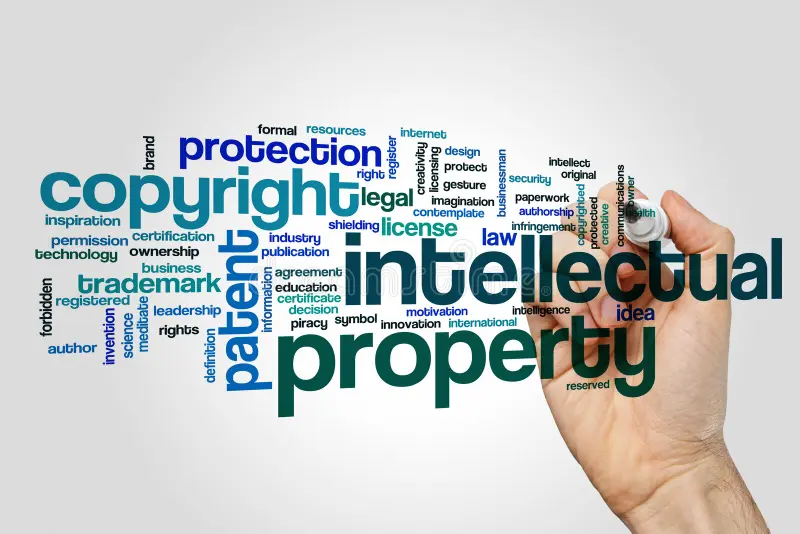The issue of ownership of ideas shapes the discussion on intellectual property. Intellectual property laws give creators exclusive rights to their inventions and innovations (inventions, brands and artworks) but owning an abstract idea raises complicated ethical, philosophical and practical issues. Could ideas be ours to own, and if so, what exactly are the ramifications for creativity, innovation, along with public access?
Supporters of intellectual property point out it protects innovators and creators. Intellectual property laws promote more innovation by enabling companies or people to profit from their concepts. Without such protections, time along with resources would be no incentive to create new technologies, artistic works or products. Patents for instance protect inventions by granting inventors the right to create and promote the creations for a particular period so they are able to generate an income. In a similar manner, copyrights and trademarks safeguard commercial or artistic expressions which enable creators to control the way their work is utilized and also make money.
But critics say the very concept of owning ideas is flawed. Ideas are intangible and abstract and frequently draw from knowledge already in society. Innovations are hardly ever born independently – they’re products of collective knowledge and cooperation. By giving exclusive ownership of ideas, intellectual property laws can in fact slow down innovation and creativity by stopping other people from implementing existing ideas. Critics also point out the monopolies produced by intellectual property safeguards which impede access to important information or technologies – particularly in industries like pharmaceuticals, in which patents prevent inexpensive generic medicines from being offered on the market.
The development of digital technologies has exacerbated the debate. From music to software, digital content is often imitated and shared effortlessly, creating copyright infringement and electronic piracy worldwide. On one hand, creators assert that intellectual property laws are far more important today than ever to safeguard digital work now. On the other hand, critics say the ease of sharing digital content also calls for an open and accessible method of approaching information, particularly for educational and cultural resources.
The tension between preserving creators ‘rights and guaranteeing public access to knowledge stays at the center of the intellectual property debate. Even though the laws are meant to stimulate innovation and creativity, additionally, they raise questions about fairness, access and also the collective nature of human knowledge. Finally, the question of whether ideas can be owned asks questions about creativity, ownership, and sharing of knowledge in a rapidly – changing world.

